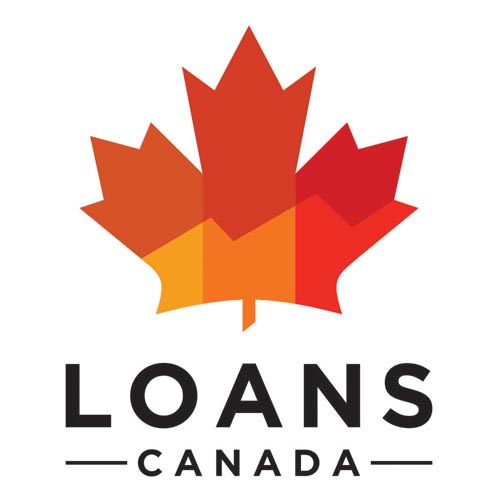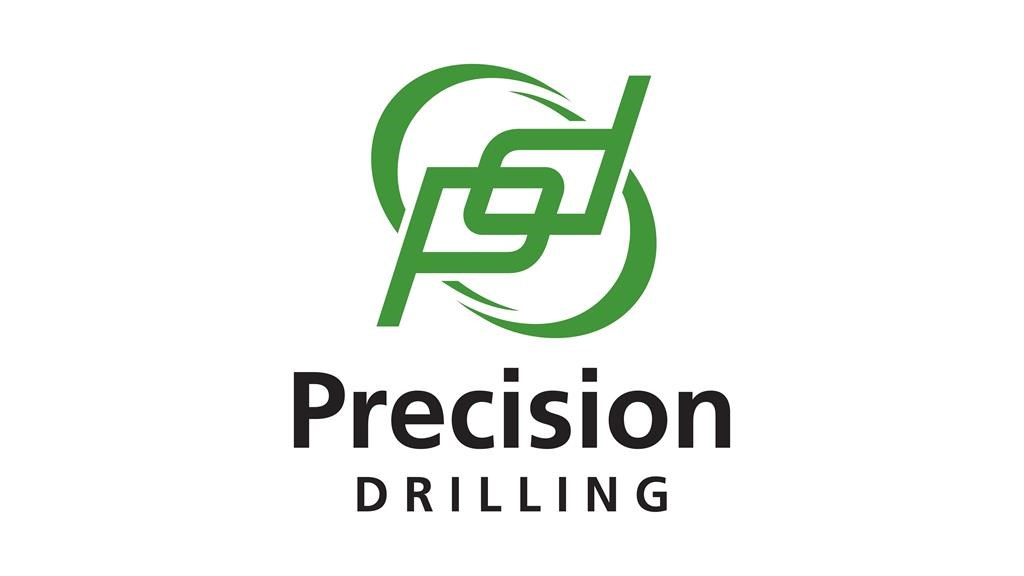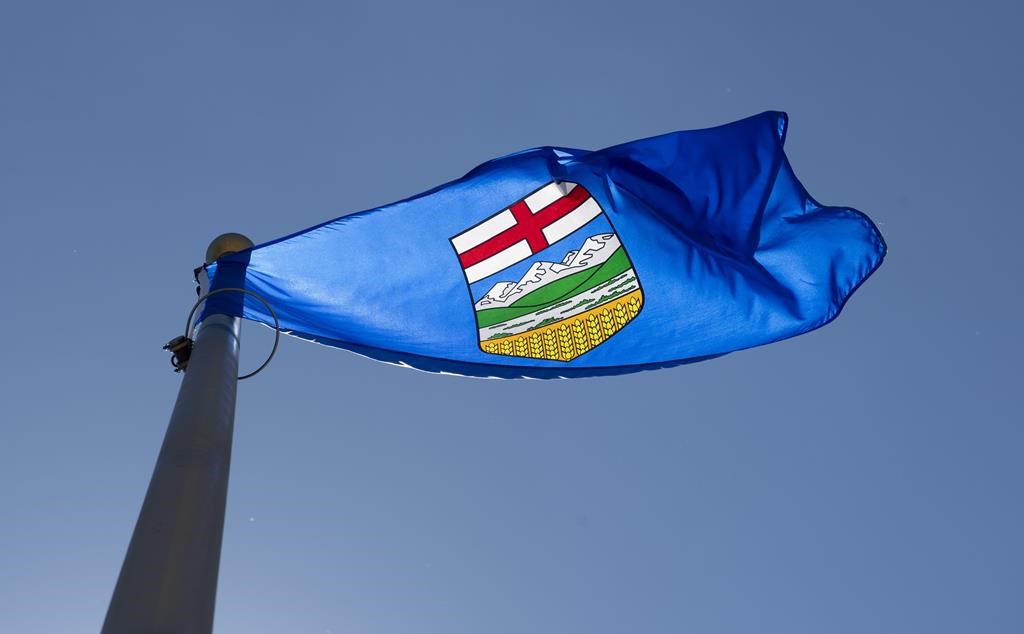
What if I can't pay my taxes in Canada?
Antonio Guillem / Shutterstock
Updated: August 09, 2023
Can't pay your taxes? Keep reading to learn what the options are.
When the Canada Revenue Agency (CRA) first announced that Canadians didn’t have to pay any federal income taxes or corporate tax owed until September 30, 2020, there was a collective sigh of relief. The date seemed a long way away, but the deadline came quickly. And you may still be wondering, what if I can’t pay my taxes in Canada?
The impact of COVID-19 is still being felt and economic recovery is still ongoing. Unemployment is still an issue. For many Canadians, that means paying taxes owed in full or in part is just not possible right now. If you’re asking, what to do if I can’t pay my taxes, don’t panic! There are a number of options available if you need help paying taxes.
Contact the Canada Revenue Agency
The worst thing you can do is to ignore the fact you owe money to the CRA. It creates more problems and puts you in a bigger financial hole because you’ll be dinged with late payment penalties and interest. The interest is compounded daily (at the current rate of 5%) and will be charged until the debt is paid in full. If you feel stressed because of your money situation now, these additional interest charges will make it much worse.
The first thing you need to do is contact the CRA by phone or online. Let them know that you cannot pay your tax debt right now. After informing CRA, you have a few options available, including payment arrangements and requesting taxpayer relief.
Payment arrangements
CRA allows you to pay your tax debt over a period of up to five years until it is paid in full, including any applicable interest. Before this happens, CRA may ask you to show that you did attempt to pay the taxes owed. It may also request some financial information from you, including proof of income, expenses, assets and liabilities, in order to determine your ability to pay.
Check CRA’s online Payment Arrangement Calculator to help you figure out how much you can afford to pay weekly/biweekly/monthly and how long it will take to pay off your tax debt and applicable interest charges in full. It also offers an Income and Expense Worksheet to give you an idea of what your next income is and what manageable payments would be.
You can set up pre-authorized debit payments or make a payment via the automated TeleArrangement service. To use it, you’ll need your social insurance number, date of birth and line 150 from your last assessed tax return.
Just a note of caution – if you can’t pay taxes on time and miss a payment or have any unfiled tax returns, CRA can cancel the payment arrangement and then begin action to recover your debt. It can freeze your bank accounts and garnish any wages you earn, meaning some or all of your paycheque will go straight to the CRA toward your tax debt. It also has the ability to seize and sell your assets to put the proceeds toward what you owe them. A tax lien could be placed on your home if CRA hasn’t been able to collect money from you using other methods.
Request for taxpayer relief
Under certain conditions, you can file a request for taxpayer relief by submitting a completed RC4288 form to CRA. It can reduce the amount you owe by offering relief from penalties and interest charges. That may be allowed because of “extraordinary circumstances,” financial hardship (like losing your job), inability to pay and “other” circumstances, which may include a serious illness (like cancer or stroke), death of a significant other, car accident, natural or human-made disaster, like a flood or fire. You’ll need to provide CRA with a complete and accurate description of your circumstances, plus documentation for them, and explain why your situation merits relief.
Get a loan
Sometimes the only way to make up for a shortfall between what money you have and what you owe is a personal loan. It’s usually the least expensive option to pay your tax debt if you aren’t able to enter into a pre-payment arrangement with CRA or you prefer to take care of your debt in one lump sum payment. The interest rates for personal loans are usually lower than those for credit cards, but you’ll definitely want to shop around for the best personal loan rates in Canada.
Loans Canada
Fortunately, there are many lenders to choose from, including private lenders and financial institutions. Each has its own requirements around the minimum credit score and minimum annual income necessary. It can take a lot of time to get individual quotes, but a time-saving hack is to use an online search platform for personal loans, such as LoanConnect or Loans Canada. With a single search, both can help match you to potential lenders in just minutes. Loans Canada’s loan amounts range between $500 to $50,000 and interest rates vary depending on your financial circumstances but are competitive. You could even snag an interest rate at the lower range of 1.99%–46.96% or slightly above if the stars align and you’ve got a good credit score.
If that’s not you and your financial history is less than stellar, you can still find lenders who will give you a loan; however, the interest rate will be much higher. For more options, you can compare The best bad credit loans in Canada.
Pay with a credit card
Though it’s not the ideal scenario, paying your tax debt with a credit card is a viable option. It’s preferable to CRA garnishing your wages or seizing any assets you might have. That’s what you want to avoid first and foremost.
While you can’t use your credit card to pay CRA directly, you can pay your tax debt through a third-party service provider such as Plastiq or PaySimply. Plastiq will allow you to use most major credit cards, including Visa, Mastercard, American Express and Diners Club and charges a service fee of 2.4% on the total amount. With PaySimply, you can pay CRA with your MasterCard, Visa, American Express, and Union Pay. Its service fee is 2.5%.
If you’re going to be carrying a balance for many months or years to come, you may want to take a close look at the interest rate you’ll be paying. With some cards, you could be paying a purchase interest rate of as much as 20.99%. That will sting on a big balance. In that case, consider applying for a credit card with a low-interest rate of anywhere between 8.99% to 12.99%. For a deep dive into what’s available, check out the Best Low-Interest Rate Credit Cards currently on the market, including annual fees, what to look for and where to get one. You could save a bundle in interest so it’s worth exploring.
Refinance your home
Breezeful
You may be able to put your home equity to work so you can settle up your tax debt. It’s a good option right now since interest rates are so low. You can refinance your mortgage, get a home equity loan, or a line of credit. Look to an online mortgage broker to get competitive rates. For instance, Breezeful will search more than 30 trusted lenders and give you a chance to do a side-by-side comparison. There’s no fee to use the service and the online application is pretty straightforward and takes about five minutes – well worth it to find the best lender.
Declare bankruptcy
This is the final entry on our list of options because it’s not something you want to do unless you absolutely have no other alternatives. It’s the last resort.
Declaring bankruptcy has long-lasting implications on your finances and affects your credit rating. True, it will wipe out your tax debt to CRA, but your credit score will take a massive hit, greatly impairing your ability to get future credit: whether it’s a store credit card or a mortgage, bankruptcy will stay on your credit record for six or seven years. If you’ve declared bankruptcy for the second time, it takes 14 years.
Before you even think of going this route, consider other possible options to pay your tax debt. Start with talking with a registered non-profit credit counselling agency, such as Consolidated Credit. A trained credit counsellor will review your finances and help you understand your options — free of charge. They can also advise on whether a debt consolidation loan is the best choice or look at other options to avoid bankruptcy.
The bottom line
COVID-19 has caused so many Canadians to experience a great deal of financial hardship. You may be looking for answers about what to do if you can’t pay your mortgage. Others are feeling stressed due to tax burdens if individuals can’t take care of personal income tax debts and business owners can’t pay corporation tax. Remember you do have options. The worst thing you can do is do nothing. Some liken CRA to a sleeping bear. While it may not come after you right away, it will eventually, and be ferocious and unrelenting. That said, you may be surprised how helpful they can be if you are proactive and let them know that you’re having trouble paying taxes owed. Make your plan of attack from there.
Once you’re on a good path again, consider using tax software to help you reduce the amount of tax owed by guiding you through your tax return line by line so you don’t miss any credits or deductions. We also recommend this story – The biggest mistakes Canadians make on their own taxes – and how to fix them for tips and tricks on making sure you don’t overpay and rack up unnecessary tax debt.
Disclaimer
The content provided on Money.ca is information to help users become financially literate. It is neither tax nor legal advice, is not intended to be relied upon as a forecast, research or investment advice, and is not a recommendation, offer or solicitation to buy or sell any securities or to adopt any investment strategy. Tax, investment and all other decisions should be made, as appropriate, only with guidance from a qualified professional. We make no representation or warranty of any kind, either express or implied, with respect to the data provided, the timeliness thereof, the results to be obtained by the use thereof or any other matter.







